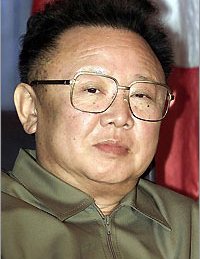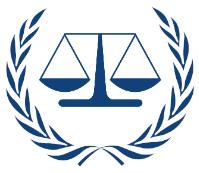
At their June 26-27 summit in the Siberian town of Khanty-Mansiisk, located in the heart of Russia’s energy industry, EU and Russia officially launched negotiations on a new EU-Russia Agreement. Although the formal agenda consisted mostly of economic and energy issues, the participants devoted considerable time to security questions as well as assessing how the presence of Russia’s new president, Dmitry Medvedev, might affect the negotiations. For the past few years, Russian-EU relations have been addressed within the framework of four “common spaces” — the Common Economic Space (covering economic issues and the environment); the Common Space of Freedom, Security […]



